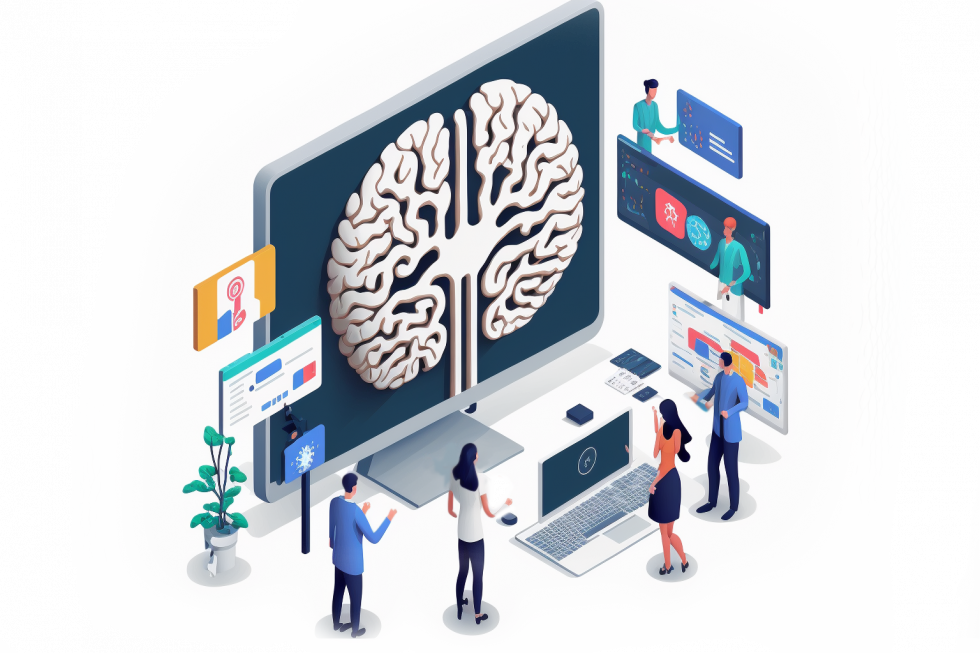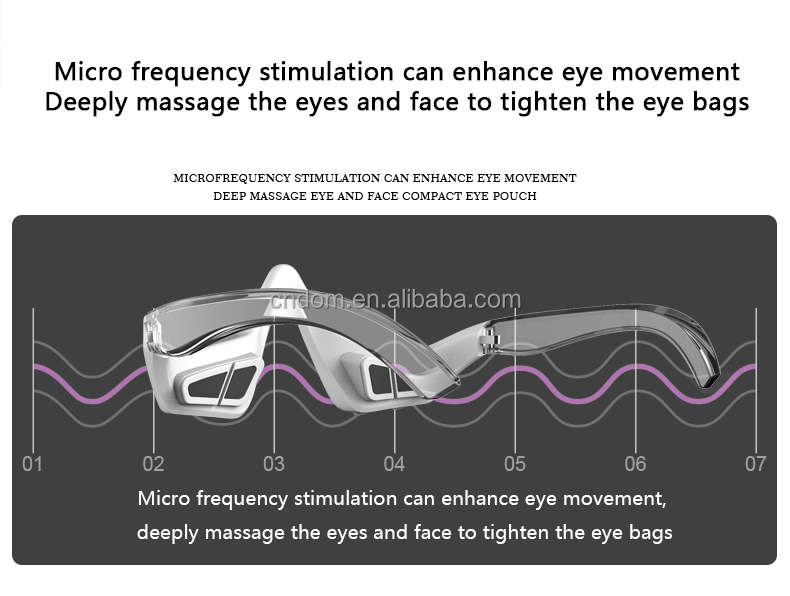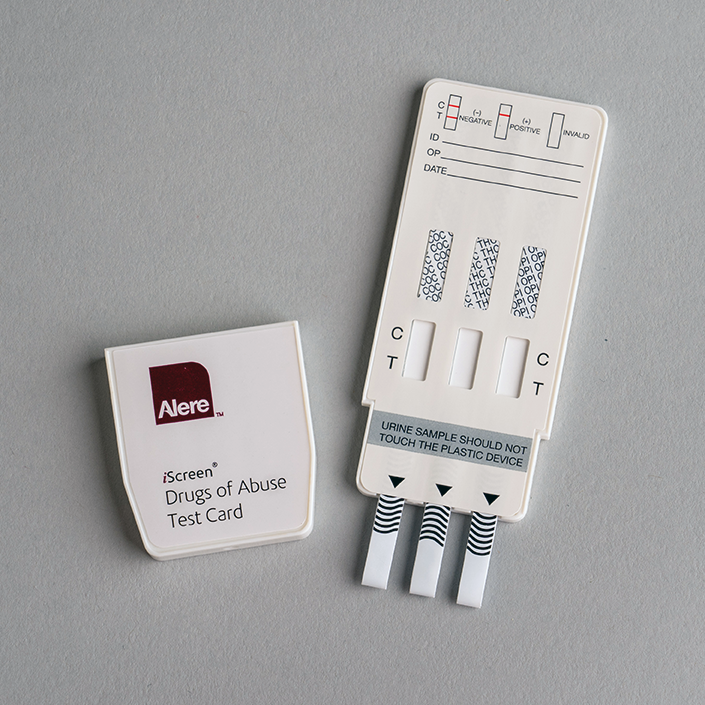Brain Performance Technologies: Enhancing Cognitive Abilities
Brain performance technologies are revolutionizing how we think, learn, and function. From neurofeedback to nootropics, these tools are gaining traction for their potential to enhance cognitive abilities, boost productivity, and […]

Brain performance technologies are revolutionizing how we think, learn, and function. From neurofeedback to nootropics, these tools are gaining traction for their potential to enhance cognitive abilities, boost productivity, and improve overall well-being.
The field of brain performance technologies encompasses a diverse range of approaches, each with its own unique mechanisms of action and scientific evidence. This article delves into the various categories of these technologies, their applications across different domains, and the ethical considerations that arise from their use.
Introduction to Brain Performance Technologies
Brain performance technologies encompass a range of tools and techniques aimed at enhancing cognitive abilities, such as memory, focus, attention, and decision-making. These technologies are gaining increasing attention as individuals seek ways to optimize their mental performance and achieve their full potential. The desire to improve cognitive function is driven by a growing awareness of the importance of mental agility in today’s demanding world.
History and Evolution of Brain Performance Technologies
The pursuit of cognitive enhancement has a long history, dating back to ancient civilizations. Early practices included meditation, mindfulness techniques, and the use of natural substances believed to enhance mental clarity. The modern era has witnessed significant advancements in our understanding of the brain and the development of sophisticated technologies that target specific cognitive functions.
Ethical Considerations and Future Directions: Brain Performance Technologies

As brain performance technologies continue to evolve, it’s crucial to consider the ethical implications that accompany their advancements. This section delves into the ethical considerations associated with these technologies, explores potential future directions, and speculates on their long-term societal impact.
Privacy and Data Security
Brain performance technologies often involve collecting and analyzing sensitive personal data, including brain activity patterns, cognitive performance metrics, and personal preferences. This raises concerns about privacy and data security.
- Data breaches: The potential for unauthorized access to this data could lead to serious consequences, such as identity theft, financial fraud, and even manipulation of individuals’ thoughts or behaviors.
- Data ownership and control: Questions arise regarding who owns and controls this data, and how it can be used or shared. It’s essential to establish clear guidelines and regulations to protect individuals’ privacy and ensure responsible data management.
- Data anonymization and de-identification: Effective techniques are needed to anonymize and de-identify data, minimizing the risk of identifying individuals.
Potential for Misuse and Abuse
While brain performance technologies offer potential benefits, they also present opportunities for misuse and abuse.
- Coercion and manipulation: There are concerns that these technologies could be used to manipulate individuals’ thoughts, emotions, or behaviors, potentially leading to coercion or exploitation.
- Enhancement inequality: The accessibility and affordability of brain performance technologies may create disparities in cognitive abilities, leading to social and economic inequalities.
- Military applications: The potential for militarizing brain performance technologies raises ethical concerns, particularly regarding the use of these technologies for enhancing soldiers’ capabilities or developing new weapons systems.
Social Equity and Accessibility
To ensure the equitable distribution of benefits and minimize potential harms, it’s crucial to address issues of social equity and accessibility in the development and deployment of brain performance technologies.
- Cost and affordability: The cost of these technologies can be prohibitive for many individuals, creating barriers to access and potentially exacerbating existing socioeconomic disparities.
- Accessibility for diverse populations: Brain performance technologies should be designed and made accessible to individuals with diverse needs, including those with disabilities, different cultural backgrounds, and varying levels of technological literacy.
- Regulation and oversight: Clear regulations and oversight mechanisms are essential to ensure responsible development, distribution, and use of these technologies.
Future Directions and Emerging Trends
Brain performance technologies are rapidly evolving, with several promising future directions and emerging trends:
- Non-invasive brain stimulation: Technologies like transcranial magnetic stimulation (TMS) and transcranial direct current stimulation (tDCS) are becoming more sophisticated and accessible, offering potential for treating neurological conditions and enhancing cognitive function.
- Brain-computer interfaces (BCIs): BCIs are increasingly being developed to enable direct communication between the brain and external devices, potentially revolutionizing human-computer interaction, assistive technologies, and even prosthetic control.
- Personalized brain training: Advances in artificial intelligence (AI) and machine learning are enabling the development of personalized brain training programs tailored to individual needs and goals.
Societal Impact, Brain performance technologies
The long-term societal impact of brain performance technologies is multifaceted and potentially transformative.
- Enhanced cognitive abilities: These technologies could lead to a significant increase in human cognitive abilities, impacting education, work, and creativity.
- Changes in human nature: The widespread use of brain performance technologies could fundamentally alter our understanding of human nature and raise questions about the boundaries between natural and artificial enhancements.
- New ethical challenges: As these technologies become more powerful and integrated into society, they will present new ethical challenges that require careful consideration and proactive solutions.
End of Discussion

As brain performance technologies continue to evolve, their impact on society will undoubtedly grow. Understanding their potential benefits and risks is crucial for navigating this exciting and rapidly advancing field. By fostering responsible innovation and addressing ethical concerns, we can harness the power of these technologies to unlock human potential and create a brighter future.
Brain performance technologies are becoming increasingly popular as people seek to enhance their cognitive abilities. These technologies can range from simple apps to sophisticated devices that monitor brain activity and provide personalized feedback. One example of a technology package that prioritizes a seamless driving experience is the Audi technology package , which includes features like adaptive cruise control and lane departure warning.
While not directly related to brain performance, these technologies can reduce driver stress and improve overall concentration, indirectly contributing to better brain function.









